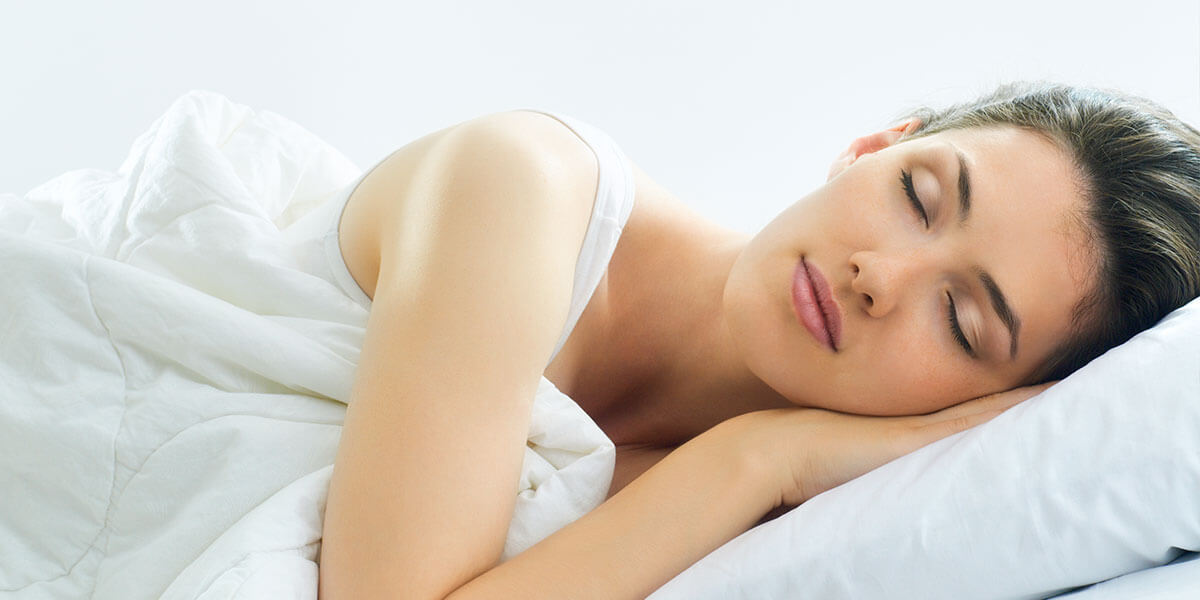Snoring & Sleep Apnea

Snoring
Snoring is a common problem and can affect men and women of all ages.
Snoring is caused by a narrowing or blocking of the airway. The disruption of airflow causes the soft palate and tissues of the throat to vibrate. The narrower the airway becomes, the louder the snoring.
Snoring can often be treated by wearing a snore guard that maintains an open, unobstructed airway in the throat while you sleep.
Some common causes of snoring include:
- Inflammation of the tissues in the mouth nose or throat (including tonsils)
- Blocked nasal passages (often caused by a cold or allergies)
- Lack of muscle tone (due to aging or poor fitness levels)
- Obesity causing the airway to narrow due to fat
- Medicines that cause relaxation
Sleep Apnea
Sleep apnea is a disorder in which a patient experiences one or more pauses in breathing or shallow breaths during sleep. The sleep disruption caused by sleep apnea can negatively impact your quality of sleep, leaving you tired and irritable.
Sleep apnea can be treated with lifestyle changes, mouthpieces, breathing devices, and/or surgery.
Oral Appliance Therapy (OAT) is often an effective alternative to CPAP for patients suffering from obstructive sleep apnea.
For mild sleep apnea, a custom fitted mouth piece or some lifestyle changes (weight loss, smoking cessation, clearing nasal passages) may be helpful.
For moderate to severe sleep apnea, a breathing device called a CPAP (continuous positive airway pressure) may be helpful. A CPAP machine uses a mask that fits over your mouth and/or nose and gently blows air into your throat. This air pressure helps keep your airway open while you sleep. Surgically widening the breathing passages by shrinking or removing excess tissue in the mouth and throat or resetting the lower jaw, can be helpful as well.
